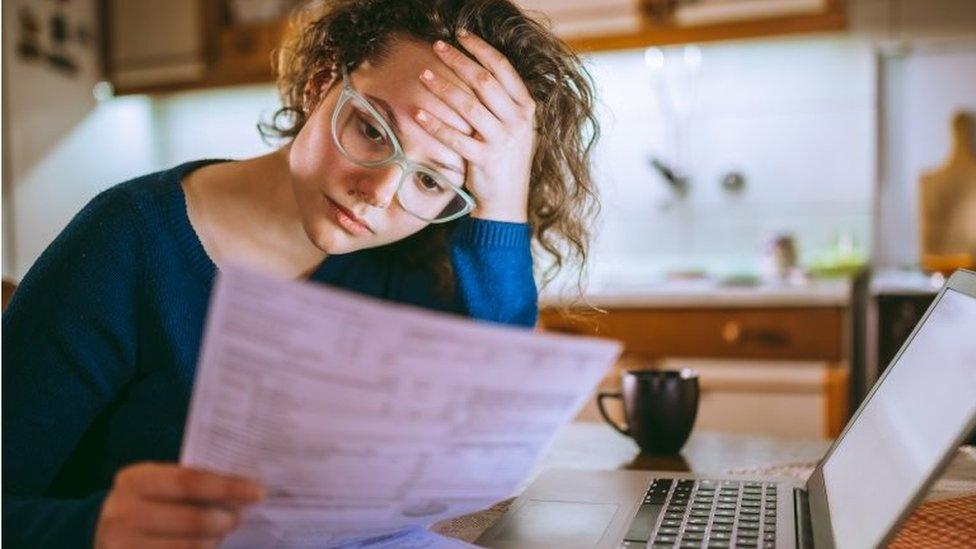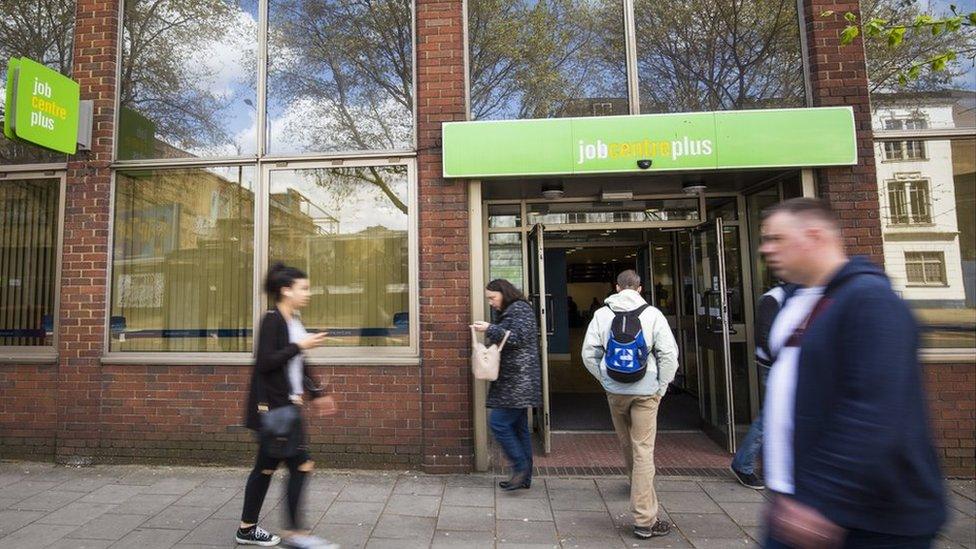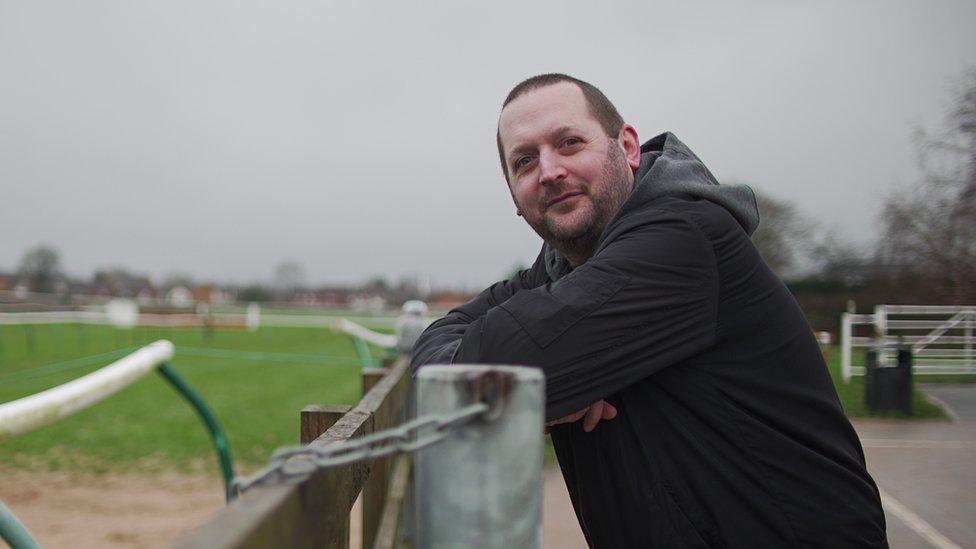Universal credit: Tory peer wants to force Commons vote on cut
- Published

Baroness Stroud says "you can be doing all the right things... and still be really struggling in the UK"
Conservative peer Baroness Stroud intends to force a vote in the Commons on government plans to scrap the £20-a-week top-up to the universal credit benefit, she has told the BBC.
The extra money, introduced at the start of the Covid pandemic, is officially due to end on 6 October.
Ministers have said the rise was always intended to be a temporary measure to help those hit by lockdown measures.
But a number of senior Conservative MPs have argued it should stay in place.
Philippa Stroud - who helped design the universal credit system - said it was a "tragedy" MPs had not had a "meaningful vote" on the planned cut.
Speaking to the BBC's Week in Westminster programme, she said she intended to table an amendment to the Social Security Bill in the House of Lords next month that would force MPs to vote on plans to scrap the £20 weekly top-up.
Separately, senior Conservative MPs have claimed that ministers are considering proposals to reduce the "taper rate" of universal credit - the amount people have taken off their benefits for every pound they earn.
Arguing that the £20 rise should be made permanent, Baroness Stroud said low-income families faced higher energy bills, rising inflation and the planned increase in National Insurance contributions.
"When the welfare state was first created it was actually designed to be at 20% of median income; it's now at about 12%, which is very, very low," she said.
"What we haven't really understood is just that you can be doing all the right things and you can still be really struggling in the UK, which is why I would argue that the £20 uplift is really important."

Business minister Paul Scully said keeping the increase would require income tax and fuel duty rises
Asked how it should be paid for, Baroness Stroud said "where we can find £300bn for the whole of society to go through a crisis together, can we not find a fraction of that amount of money to care for our most vulnerable people in society?
"And it is true to say that the character of a nation is how it cares for its most vulnerable people."
Earlier in the week, business minister Paul Scully said keeping the increase in place would require income tax and fuel duty rises.
"These things have to be paid for," he told Politics Live, adding: "We have got to get that balance right, we are trying to do it in the round with getting people into work, working more hours and raising their wages."
The government has estimated that more than £9bn will have been spent on the uplift by the time it comes to an end.
Related topics
- Published13 May 2024

- Published15 September 2021

- Published13 January 2021
